What is Cupping? The Ancient Healing Practice for Modern Wellness
Cupping therapy, an ancient healing practice with roots in traditional medicine, is gaining popularity in modern wellness circles. This therapeutic technique involves placing cups on the skin to create suction, which can provide numerous health benefits. If you're curious about cupping and how it can enhance your well-being, read on to discover what cupping is all about and why it might be the right choice for you.
Understanding Cupping Therapy
Cupping therapy is a practice that dates back thousands of years, with origins in ancient Chinese, Egyptian, and Middle Eastern medicine. The procedure involves using specially designed cups, typically made of glass, bamboo, or silicone, which are applied to the skin. The suction created by these cups helps to stimulate blood flow, relieve muscle tension, and promote overall healing.
Types of Cupping Therapy
There are several types of cupping techniques, each offering unique benefits:
Dry Cupping
Dry cupping involves placing cups on the skin to create suction without any additional substances. This method is commonly used to enhance blood circulation and relieve muscle tension.
Wet Cupping
Also known as "Hijama," wet cupping involves a small incision on the skin before applying the cups. This method helps to remove toxins and promote healing by drawing out a small amount of blood.
Fire Cupping
Fire cupping uses heat to create suction inside the cups. This traditional method can be effective for deeper tissue issues and improving blood flow.
Silicone Cupping
Silicone cupping employs flexible silicone cups that can be squeezed to create suction. This technique is often used for a more controlled and adjustable experience.
Benefits of Cupping Therapy
Cupping therapy offers a wide range of benefits, making it a versatile addition to your wellness routine:
Pain Relief
Cupping can be particularly effective for relieving chronic pain conditions, such as back pain, neck pain, and muscle soreness.
Reduced Muscle Tension
By increasing blood flow and releasing tight muscles, cupping helps to alleviate tension and improve flexibility.
Enhanced Blood Circulation
The suction created by the cups promotes better blood flow, which aids in the body's natural healing process.
Detoxification
In wet cupping, the removal of a small amount of blood helps to eliminate toxins and improve overall health.
Improved Skin Health
Cupping can help with conditions like acne and eczema by increasing blood flow and stimulating skin regeneration.
What to Expect During a Cupping Session
During a cupping session, our trained practitioners will carefully apply the cups to specific areas of your body based on your health needs. You may experience a mild pulling sensation, which is generally well-tolerated. Sessions typically last between 15 to 30 minutes, and you may notice some redness or bruising where the cups were applied. This is a normal part of the process and usually fades within a few days.
Conclusion
Cupping therapy is a time-tested practice with numerous health benefits. Whether you're looking to relieve pain, reduce muscle tension, or improve your overall well-being, cupping may be the right choice for you. Remember to consult with a qualified practitioner to ensure the best results and to determine if cupping is suitable for your specific health needs.
If you're interested in experiencing the benefits of cupping firsthand, visit Santa Clara Acupuncture & Functional Medicine for personalized care and expert treatment.
Our skilled practitioners are dedicated to helping you achieve optimal health and wellness. Contact us today to schedule your consultation and start your journey toward a balanced and healthier life!
Santa Clara Acupuncture & Functional Medicine
2100 Forest Ave, Ste101, San Jose, CA 95128
408.707.4912
We accept HSA, FSA, insurance
Submit Insurance Form to check your acupuncture benefits.


